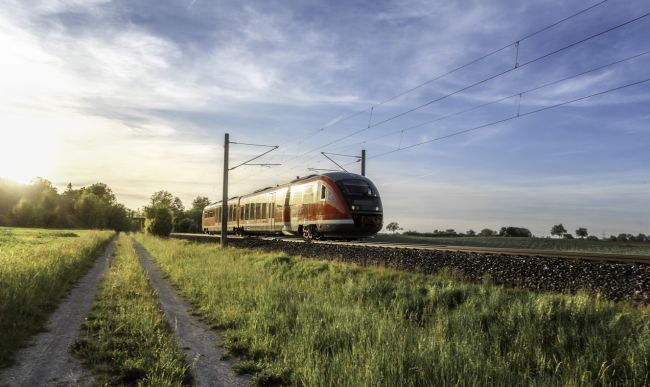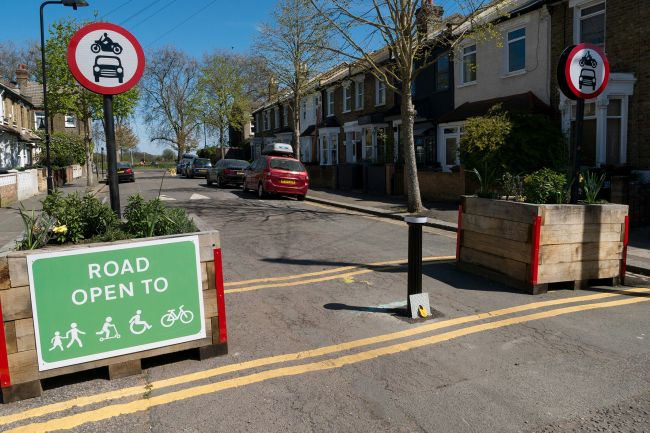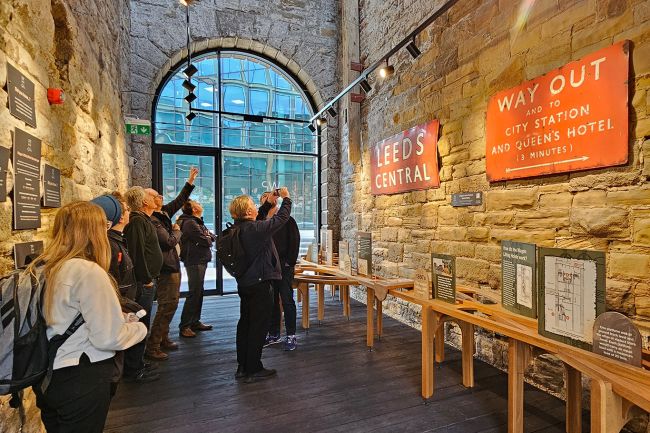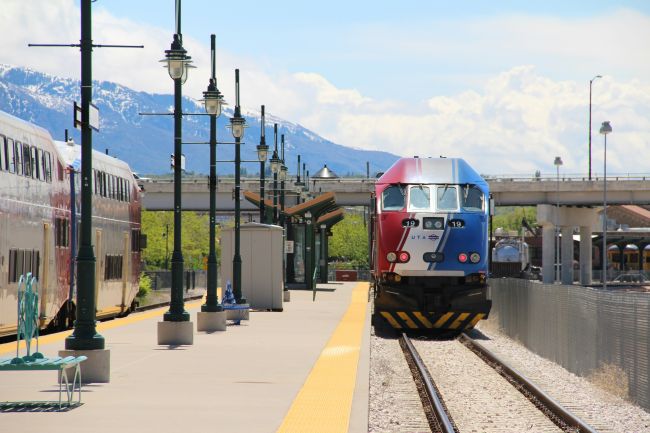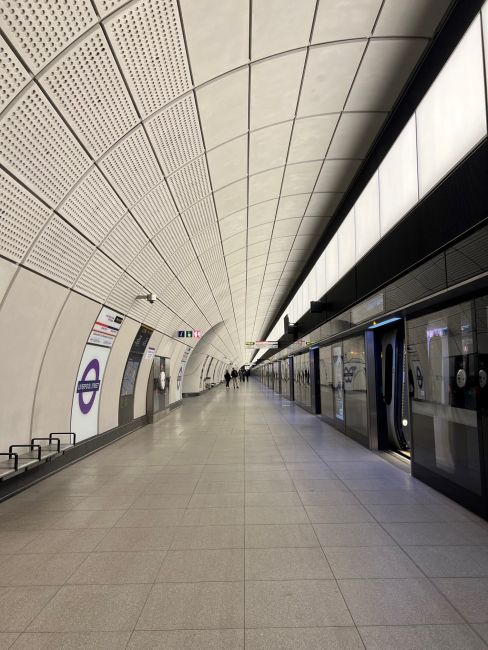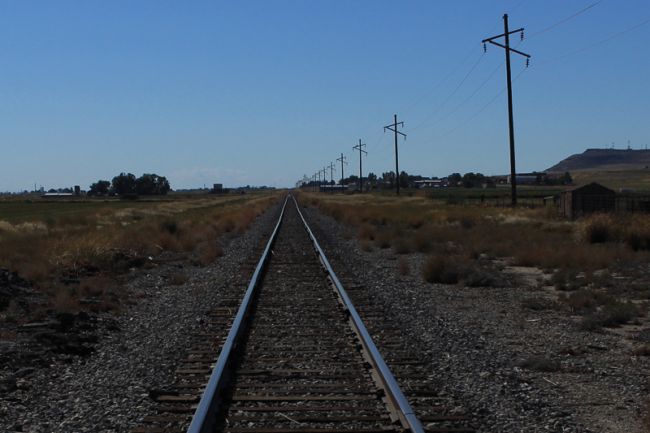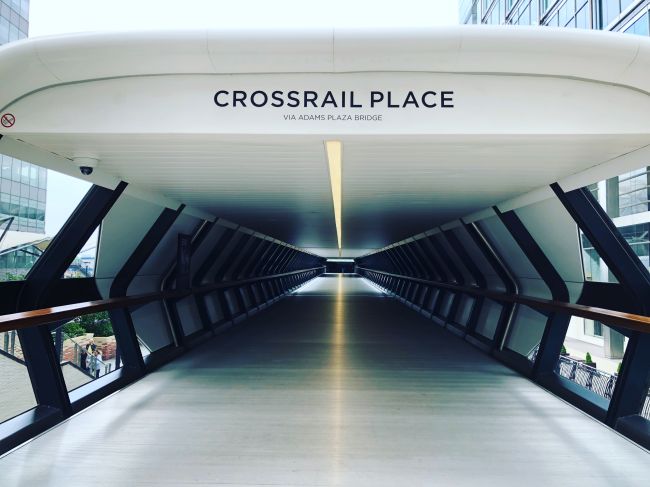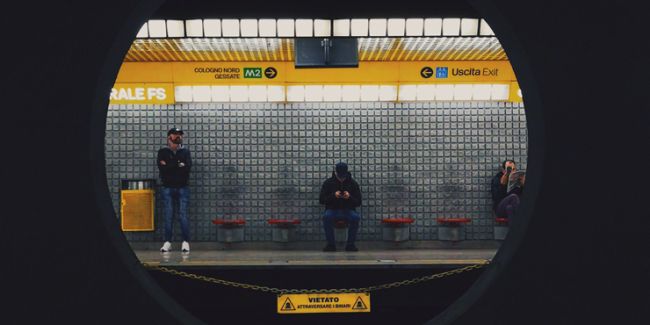How a business mindset can help sustain a successful railroad
In the US, more than in any other country, the principle of private enterprise drives the delivery of services and products to consumers. From retail supermarkets to the provision of entertainment, healthcare and financial services, the discipline of business survival creates a need to understand, innovate, be agile, and above all deliver value on a daily basis for Americans.
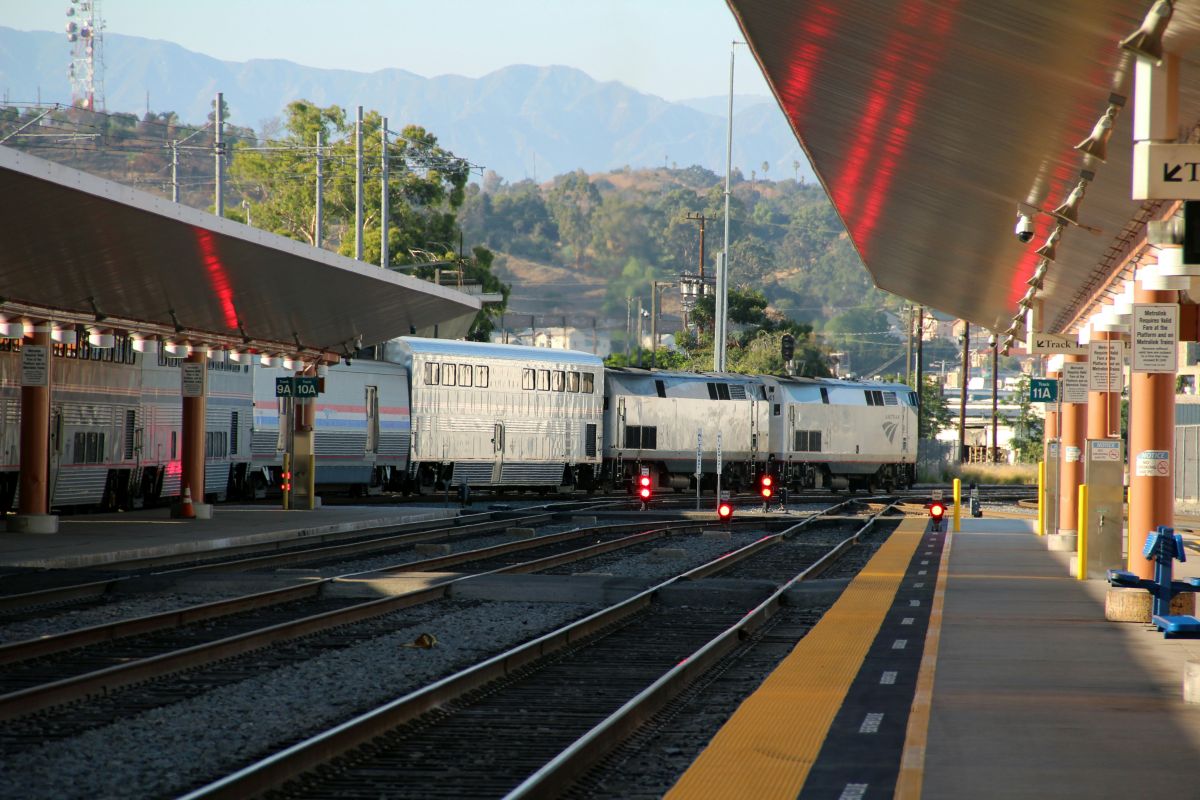
In the US, more than in any other country, the principle of private enterprise drives the delivery of services and products to consumers. From retail supermarkets to the provision of entertainment, healthcare and financial services, the discipline of business survival creates a need to understand, innovate, be agile, and above all deliver value on a daily basis for Americans.
What then can be learned from this guiding philosophy to aid the delivery of passenger rail services? The Federal Railroad Administration Corridor Identification & Development (FRA CID) Program is setting out an opportunity to bring about a radical change in mobility choices for America. As the rail renaissance begins there’s never been a better time to ask this question.
What do our railroads have in common with the world of business?
The comparison between rail and recognizable brands like CostCo, Verizon and Geico may not be obvious but there are some parallels and they have grown in significance since the COVID-19 pandemic.
A business generates value for its shareholders but while for a private business the main measure of value is profitability, when we speak of a public (or publicly funded) business questions of wider economic and societal benefits become components of this value proposition.
Passenger rail has customers, revenues, costs, and ultimately shareholders in the form of people or institutions who have committed funds to develop and operate those services. Market forces play strongly and, since the pandemic, are more dynamic. There are therefore imperatives to serve shareholders, to deliver for the customer and to evolve over time.
Rail can thus be run like a business and in adopting a business acumen that offers a competitive product, wider policy goals not typically associated with commercial businesses can also be met.

Thinking beyond the project and towards the product
Here in the US, passenger rail has seen unparalleled support and investment from the current Administration into the potential creation and enhancement of passenger rail and transit services across the country.
Rail projects naturally focus on the challenges of route alignment, engineering specification and construction, but after the kit is built and the trains are running the job is not complete and to generate social and financial value the rail service needs to focus on the product, and the customers who will buy it.
Early decision-making can thwart future business success, sustainability and delivery of value to communities and customers. Is speed the only thing that matters? Will people pay more for that or will customers place a higher value on reliability? How can we appeal to people who enjoy working or studying in shared spaces with access to Wi-Fi and coffee? How can stations contribute to their communities as places of work, primary healthcare delivery or sites of community interaction?

Project choices made now will keep those options open and understanding their worth is key. In our view, adopting a business mindset will help FRA CID sponsors deliver investible Service Development Plans that secure funding, attract and retain customers, and ultimately derive the value desired from capital and subsequent operational investments.

Business must be agile and generate momentum

A business perspective challenges us to be more agile with our thinking to secure capital and to accelerate the delivery of value to customers and stakeholders. New rail corridors may have challenges to navigate (the regulatory framework, environmental clearances and the acquisition of land or access rights), but that doesn’t mean that progress has to be slow.
Engagement practices with partners and stakeholders can be meandering and slow, but engagement in the business world is assured, regular, informed and deepens with insight as time progresses.
Agility and momentum are a characteristic of business that is important for the delivery and sustainability of passenger rail services in the US. Shareholder and decision-maker knowledge and insight of markets and operations can be grown and matured. Information to support and nurture engagement can develop and evolve. Choices and issues will emerge, and decision-makers do not need to wait months for an answer – delay causes doubt, delay opens up the opportunity for capital and interest to move elsewhere or cease.

If we are serious about providing a long-term alternative mode to private vehicles and short haul air travel, combining a business mindset and commitment to public good can create sustainable solutions.
Value is not one size fits all; and value is more likely to be secured by understanding the link between business and policy objectives, considering provision of a good product and adopting an agile approach and holding to other business imperatives.
In the next article we’ll talk about three perspectives to consider in analyzing investment options: the customer; the investment; and delivery perspectives. We think those are vital to be able to present an assured and confident picture of what a project or operation is trying to achieve.
We’re looking forward to hearing your perspectives too so please do connect.
